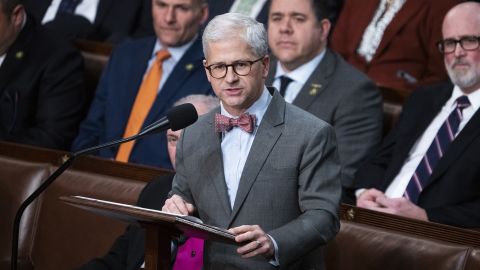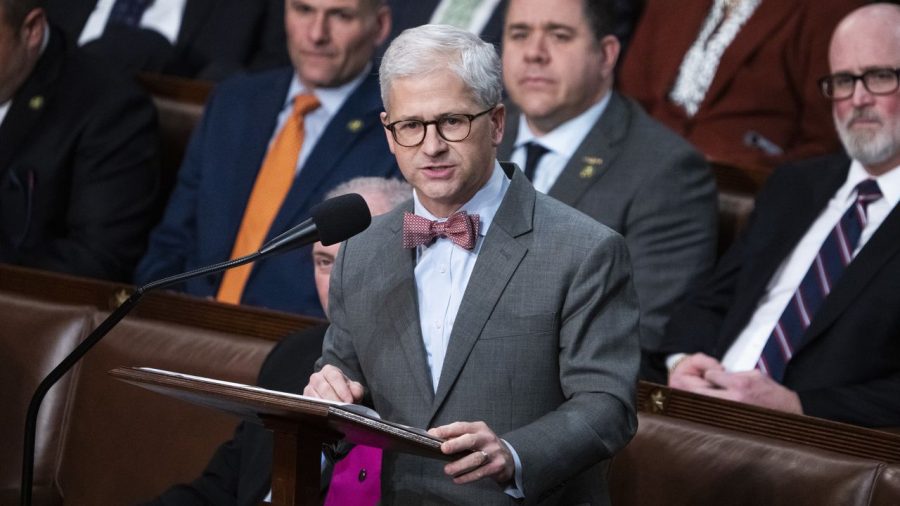New York CNN — The massive amount of customer withdrawals that led to the collapse of Silicon Valley Bank had all the hallmarks of an old-fashioned bank run, but with a new twist befitting the primary industry the bank served: much of it unfolded online.
Customers withdrew $42 billion in a single day last week from Silicon Valley Bank, leaving the bank with $1 billion in negative cash balance, the company said in a regulatory filing. The staggering withdrawals unfolded at a speed enabled by digital banking and were likely fueled in part by viral panic spreading on social media platforms and, reportedly, in private chat groups.
In the day leading up to the bank’s collapse, multiple prominent venture capitalists took to Twitter in particular, and used their large platforms to raise alarms about the situation, sometimes typing in all caps. Some investors urged startups to rethink where they kept their cash. Founders and CEOs then shared tweets about the concerning situation at the bank in private Slack channels, according to The Wall Street Journal.
On the other side of a screen, startup leaders raced to withdraw funds online – so many, in fact, that some told CNN the online system appeared to go down. Still, the end result was a modern race to withdraw funds, which House Financial Services Chair Patrick McHenry later described in a statement as ” the first Twitter-fueled bank run.”
“Even back in the ancient days, way before we had any form of modern communication, this stuff tended to be rumors that moved really fast. The reason it would happen is people would walk down the street and observe people standing outside of banks,” Andrew Metrick, Janet L. Yellen Professor of Finance and Management at the Yale School of Management, told CNN. “Now we don’t have that, but we have Twitter.”
The experience of the bank run was also far removed from prior eras when a large number of customers would physically show up at a bank to withdraw funds (though some did line up outside Silicon Valley Bank locations, too.) Now, many could do so online or through mobile devices.

“What made the Silicon Valley Bank run unique was (1) the ease with which its customers could execute withdrawals and (2) the speed with which news of Silicon Valley Bank’s impending demise spread,” Ben Thompson, an analyst who tracks the tech industry, wrote in a post on Monday. “It was the speed, fueled by zero distribution costs for both rumors and withdrawals, that was so destabilizing.”
Silicon Valley Bank was arguably uniquely susceptible to those factors given its tech-focused customer base. Moreover, its clients, many of whom were venture-backed businesses, were far more likely than the average consumer to keep more than the standard maximum FDIC insured amount of $250,000 in their accounts.
“The FDIC covers 250K, but am I going to recover my whole 8 figures?” one startup founder told CNN last week, after the bank had collapsed. Other large tech companies kept even larger sums with the bank. That likely made the bank’s customers even more susceptible to the panic spreading online.
Some prominent tech figures, including Mark Suster, a partner at venture capital firm Upfront Ventures, urged those in the VC community to “speak out publicly to quell the panic” around Silicon Valley Bank last week and cautioned against creating “mass hysteria.”
“Classic ‘runs on the bank’ hurt our entire system,” he wrote in a lengthy Twitter thread on Thursday. “People are making public jokes about this. It’s not a joke, this is serious stuff. Please treat it as such.”
His calls for calm weren’t enough. The next day, the US Federal Deposit Insurance Corporation stepped in and took control of the bank, which only added to the viral panic on Twitter.
“YOU SHOULD BE ABSOLUTELY TERRIFIED RIGHT NOW,” Jason Calacanis, a tech investor, wrote on Twitter Sunday. “THAT IS THE PROPER REACTION.”
Hours later, the Biden administration stepped in and guaranteed the bank’s customers would have access to all their money starting Monday.












